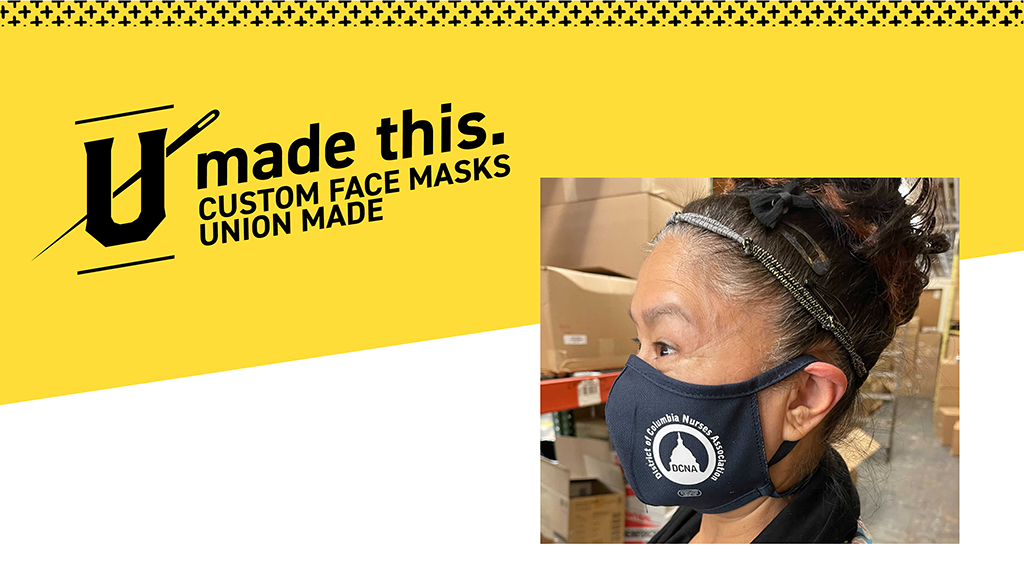
(Summarized from Kaiser Health News and NPR. Kaiser Health News is a nonprofit news service covering health issues. It is an editorially independent program of Kaiser Family Foundation that is not affiliated with Kaiser Permanente.)
The Covid-19 pandemic has sparked renewed interest in unions.
In September, after six months of exhausting work battling the pandemic, nurses at Mission Hospital in Asheville, N.C., voted to unionize. The vote passed with 70%, a high margin of victory in a historically anti-union state, according to academic experts who study labor movements.
The nurses had originally filed paperwork to hold this vote in March but were forced to delay it when the pandemic began heating up. And the issues that had driven them toward unionizing were only heightened by the crisis. It raised new, urgent problems too, including struggles to get enough PPE, and inconsistent testing and notification of exposures to COVID-positive patients.
Research shows that health facilities with unions have better patient outcomes and are more likely to have inspections that can find and correct workplace hazards. One study found New York nursing homes with unionized workers had lower COVID-19 mortality rates, as well as better access to PPE and stronger infection control measures than nonunion facilities.
Even as union membership in most industries has declined in recent years, health workers unions have remained relatively stable: Around 7% of healthcare and social services workers are in unions Experts say it’s partly because of the focus on patient care issues, like safe staffing ratios, which resonate widely and have only grown during the pandemic.
Organized labor is not a panacea, union officials admit. Their members have faced PPE shortages and high infection rates throughout the pandemic, too. But collective action can help workers push for and achieve change, they said.
National Nurses United and the National Union of Healthcare Workers said they’ve each seen an influx in calls from nonmembers, but whether that results in more union elections is yet to be seen.
However, healthcare employers are known to launch aggressive and well-funded anti-union campaigns, said Rebecca Givan, a labor studies expert at Rutgers University. Still, workers might be more motivated by what they witnessed during the pandemic, she said
Here is the full article.

 Dad Caps
Dad Caps
 Five Panel Hats
Five Panel Hats
 Mesh Back Hats
Mesh Back Hats
 In Stock Blanks
In Stock Blanks
 Snapback Hats
Snapback Hats
 Stretchfit Hats
Stretchfit Hats
 Duffel Bags
Duffel Bags
 Backpacks
Backpacks
 Tote Bags
Tote Bags
 Computer Bags
Computer Bags
 Sling Messenger Bags
Sling Messenger Bags
 Cooler Bags
Cooler Bags
 Cuff Hats
Cuff Hats
 Beanies
Beanies
 Scarves
Scarves
 Zipper Folders
Zipper Folders
 Stitched Folders
Stitched Folders
 Accordion Folders
Accordion Folders
 Ring Binders
Ring Binders
 Letter Folders
Letter Folders
 Clipboards
Clipboards

 Union Made In USA
Union Made In USA






